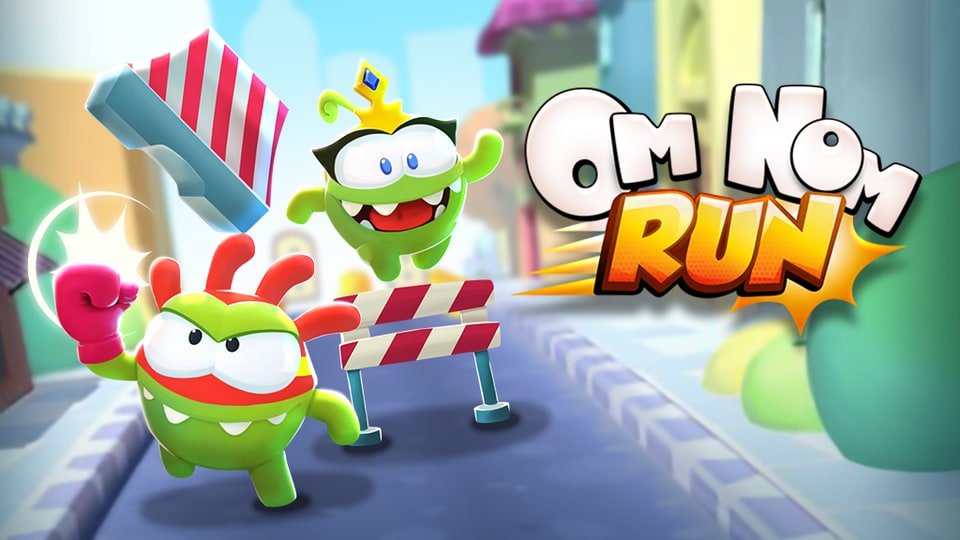Baldur's Gate 3: Exploring the Path of the Oathbreaker Paladin
Explore the complexities of deviating from virtuous paths, the consequences of breaking sacred oaths, and the alluring allure of darker powers.

The Paladins stand out as shining examples of virtue and justice in the world of Baldur's Gate 3. These soldiers, sworn to maintain their holy oaths, represent all that is right. Darkness, though, can creep into this world of great ambitions. Enter the mysterious Oathbreaker Paladin, a character who departs from the righteous path whether compelled to do so or not.
The Oathbreaker Paladin veers from the moral course, casting a shade on the brilliance of their organisation. The power of the darker divine tempts those who are interested in its appeal, even though it is not a desired fate for the brave players who embrace Baldur's Gate 3's roleplay spirit.
In essence, sins unsuitable of a Paladin's nature result in the forfeiture of heavenly blessings. Each Paladin Oath contains subtleties that go beyond roleplaying, where particular actions may alter in severity across Tenets.
Take into account the Oath of Devotion, which obligates Paladins to valour, compassion, and responsibility. They stand up for the weak, protect justice, and engage in conflict bravely. If a Devotion Paladin kills an innocent person for any reason, the pledge is broken, creating an Oathbreaker.
Malicious deeds, such as jeopardising an Arabella in the Emerald Grove or an Owlbear cub, cause the Oath of the Ancients, upholders of love and kindness, to dissolve their sacred oath.
The Oath of Vengeance, however, allows for more latitude. These Paladins fight evil and cruelty with tenacity in an effort to exact just punishment. But saving Auntie Ethel's life or freeing Sazza the goblin would violate their pledge.
A visit from the Oathbreaker Knight as a result of such a mistake leads to an offer of the treacherous route back to the campfire. The result is a voluntarily taking up of the Oathbreaker mantle.
The transformation brings about power shifts. The role of the Paladin is altered as holy spells are abandoned in favour of evil incantations. Offence, necrotic magic, and control over the undead now take centre stage. Despite this, Divine Smite is still a playable game that connects the past and present.
In actual combat, Oathbreakers employ a similar combination of swordplay and magic as Warlocks. Necrotic magic and melee attacks combine, harming and weakening enemies. Exceptional spells include:
- Spiteful Suffering: Deal necrotic damage and give the target advantage against attacks.
- Control Undead: The Paladin can command lower-level undead and control them as needed.
- Hellish Rebuke: Retaliate by inflicting Fire damage in the direction of the attacker.
- Reanimate the dead to create subservient undead minions.
The Paladin's melee damage is passively increased by Aura of Hate, which is based on the caster's Charisma modifier.
The Oathbreaker Paladin's dichotomy offers an intriguing narrative turn in the Baldur's Gate 3 universe.








